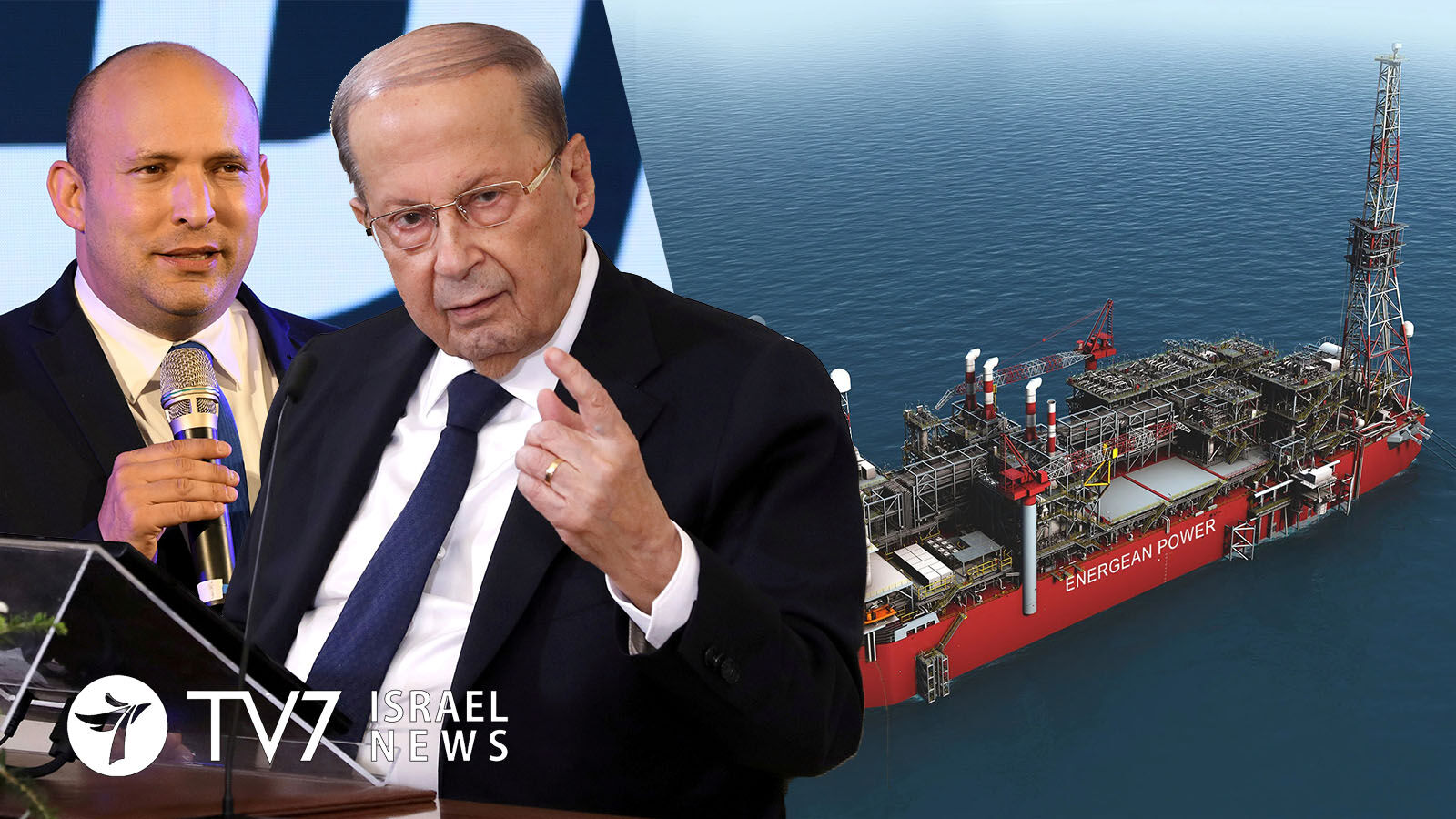Beirut issued a warning to Jerusalem not to begin gas production in an offshore field in question is within its exclusive economic zone, not in disputed waters.
By Erin Viner
Lebanese President Michel Aoun said any activity in the disputed area would amount to an “act of aggression and a provocation,” while caretaker Prime Minister Najib Mikati accused Israel of “encroaching on Lebanon’s maritime wealth and imposing a fait accompli in a disputed area” in an “extremely dangerous” move.
The statements follow the arrival of the vessel operated by London-based Energean revealed that its floating production storage and offloading vessel at the Karish field, about 80 km (50 miles) west of the coastal city of Haifa in Israel’s exclusive economic zone. The company announced that it expects to bring it online in the third quarter.
Even though there were no direct responses to the Lebanese statements, Israeli Energy Minister Karine Elharrar welcomed the vessel’s arrival and expressed hope it would be brought online quickly.
“We will continue to work to diversify the energy market and maintain stability and reliability,” she said.
Cash-strapped Lebanon, which has experienced a devastating financial meltdown, disputes Israeli sovereignty over the waters and is keen to eventually develop its own offshore fields.
Mikati ordered command of the Lebanese Armed Forces to provide him with accurate and official data” on the vessel’s entry “into the disputed maritime area with Israel.
The United States has been trying to mediate indirect talks between the two sides in a process that began in 2000, in attempts to resolve the longtime conflict that has obstructed energy exploration in the eastern Mediterranean Sea.
At stake is a triangle of water resulting from Lebanon claims to an angle farther south while Israel’s claim runs farther north.
Revival of talks aimed at reaching a settlement in 2021 have stalled, although Aoun insisted the negotiations are continuing. The matter was further complicated when Beirut not only expanded its claim by around 1,400 square km (540 square miles) over the initial Decree 6433 Lebanon submitted to the United Nations in 2011, but also failed to respond to an undisclosed proposal by a US envoy earlier this year to restart the talks.
Following a recent trip to Washington, senior Lebanese security official Major General Abbas Ibrahim commented in an interview published last week that Beirut will ‘open the door for a return to the negotiations and that the US wants to “turn the page” on an issue that could further ignite a greater conflict.
The heavily-armed, Iran-backed Hezbollah terror group, which has fought numerous wars with the Jewish State, has previously warned Israel against drilling in the disputed area until the issue is resolved – threatening to ‘take action’ if it did so.
